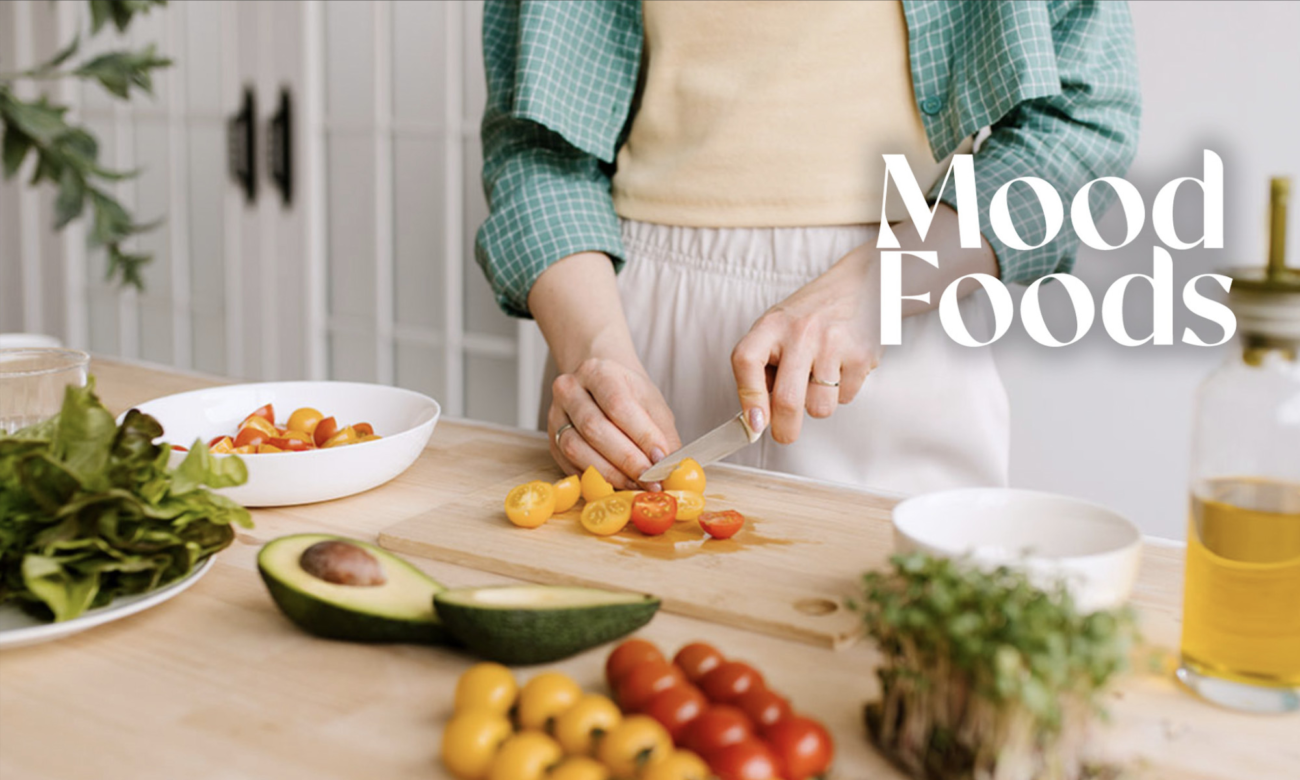Blog
The 7 Best Foods to Prevent Hemorrhoids

- Hemorrhoids can be painful, but they are extremely common.
- Avoiding hemorrhoids begins by preventing constipation with a healthy, high-fiber diet.
- Dietitians recommend fruits, whole grains, pulses, prune juice and flaxseed.
Hemorrhoids are no fun. These swollen, sometimes twisted veins in the anus and lower rectum are an unpleasant reality for millions of people, causing symptoms like itching, pain and sometimes even bleeding. Fortunately, they are treatable with a variety of therapies, such as creams, over-the-counter meds and sitz baths. But before you get to the point that you have to head to the drugstore, it can be helpful to know that eating certain foods may proactively help you head off hemorrhoids.
“Preventing constipation can help prevent hemorrhoids, and what you eat plays a major role,” says gut-health expert Kim Kulp, RDN. “Plant foods, including fruits, vegetables, whole grains, nuts, seeds and legumes provide a variety of different fibers which can keep stool soft and easier to move.” Fiber is so effective that one survey of more than 1,000 colon and rectal surgeons found that increasing fiber intake was their No. 1 conservative hemorrhoid treatment.
Looking to give your bum a break? Dietitians say to try these seven smart choices for hemorrhoid prevention.
1. Kiwis
“Kiwi is one of my favorite fruits for constipation and hemorrhoids,” says digestive-health dietitian Alyssa Simpson, RDN, CGN, CLT. “It’s high in soluble fiber and contains an enzyme called actinidin that’s been shown to help move things along gently.” Just one little green kiwi gives you 2 grams of fiber.
These fruits are so effective for constipation relief that one study found that when people with constipation-predominant IBS (IBS-C) ate two green kiwis daily for four weeks, they experienced an average of 1½ additional bowel movements per week. They also said that their digestive systems felt more comfortable overall.
Kiwis are delicious as a fiber-filled snack or an upgrade to your usual fruit salad. They’re also a tasty addition to salsa, smoothies and green juice.
2. Barley
Barley has been cultivated for thousands of years. But this highly nutritious grain doesn’t always get its due in modern-day eating. For instance, it’s bursting with digestion-friendly fiber (6 grams per cooked cup). “This whole grain contains soluble fiber, which holds water in the intestines and keeps stool soft,” says Kulp. The result: less straining and fewer hemorrhoids.
If you’ve never tried barley before, whip up a veggie-barley soup or serve it as a simple side with chicken, pork or fish.
3. Popcorn
On movie night, nobody needs to know you’re reaching for the popcorn to help your hemorrhoids. But if you’re experiencing discomfort down below, it’s probably a good idea! For every cup you crunch, you’ll score 1.2 grams of fiber (and who only eats 1 cup?) Kulp notes that popcorn contains insoluble fiber, which speeds up the movement of the digestive system. So, get popping to get pooping!
4. Prune Juice
Prune juice is a digestive-health classic for a reason. The beverage lives up to its reputation for promoting easier-to-pass stool. Consider the results of one study of chronically constipated volunteers. After drinking slightly less than 2 ounces of prune juice daily for eight weeks, they had softer stools and less constipation without unpleasant GI symptoms like gassiness or an inconvenient urge to rush to the bathroom.
If you’re wondering why prune juice is so effective, it turns out that there are multiple reasons it works. “It’s the unique mix of sorbitol, fiber and polyphenols that gives it such a gentle but effective edge,” says Simpson. “It’s one of my favorite natural tools for smoother BMs.”
5. Lentils
High-fiber pulses (aka edible dried seeds in the legume family) are another top choice for alleviating hemorrhoid pressure. While it’s smart to reach for almost any of the foods in the pulse family, Kulp says lentils are especially helpful thanks to their resistant starch. “This type of starch resists digestion in the small intestine, so when it arrives in the large intestine, it becomes food for the good gut microbes, helping them thrive.”
Considering that research has found that a healthy microbiome may protect against constipation, there’s good reason to add some lentils to your weekly meal rotation. They’re an easy way to pump up the fiber in soups and salads. You can also blend them into smoothies or simmer them with warm spices for a hearty, fiber-rich breakfast porridge.
6. Ground Flaxseed
Ground flaxseed not only adds a hint of earthy flavor to baked goods, oatmeal, smoothies and more, but it could also spell hemorrhoid relief. Simpson points to one study in which constipated elderly adults who ate 50 grams of flaxseed daily for one month had more frequent bowel movements and less constipation. And less constipation may translate to fewer hemorrhoids.
That’s not the only way ground flaxseed might keep hemorrhoids at bay. “They also increased levels of gut bacteria linked to better gut motility, giving both symptom relief and microbial support,” notes Simpson.
As encouraging as this research is, 50 grams of ground flaxseed is about a half-cup, providing nearly 11 grams of fiber. So, eating that much flaxseed daily might not be very comfortable if you don’t usually eat these fiber-rich seeds. But remember that every little bit adds up. Even blending 2 tablespoons into a smoothie or shake delivers 3 grams of fiber.
7. Apples
Could an apple a day keep the hemorrhoids away? Quite possibly. “Apples are a delicious snack and a great source of two kinds of fiber,” says Kulp. “The inside of the apple is soluble fiber, and the skin is insoluble. The perfect combination!” This may be why research has found that eating apples bulks up stool to help push it through your system faster, helping you go more frequently.
There’s no wrong way to enjoy apples. But for maximum fiber, leave the skin on. Then, chop them up and toss them into a high-fiber chia pudding or overnight oatmeal. Or simply pop one in your lunchbox to munch on.
Constipation-Relieving Meal Plan to Try
7-Day High-Fiber Meal Plan for Constipation, Created by a Dietitian
Our Expert Take
From top to bottom, your digestive system is one long, connected road. So, it’s not surprising that the foods you eat can ultimately affect your hemorrhoids. Fortunately, there are foods that can help prevent hemorrhoids, or help minimize pain and pressure down below if you already have them. Dietitians say the best foods to prevent hemorrhoids are kiwis, barley, popcorn, prune juice, lentils, flaxseed and apples. They’re rich in fiber and other compounds that have been shown to ease constipation, which is a major cause of hemorrhoids. For even more success, don’t forget to drink up, since fluids are key for keeping things lubricated and moving along smoothly.
For the best results, Simpson recommends a multipronged approach. “A well-balanced diet with the right fiber, hydration and daily motility support can reduce flare-ups, improve healing and help you stay off the hemorrhoid roller coaster,” she says.












